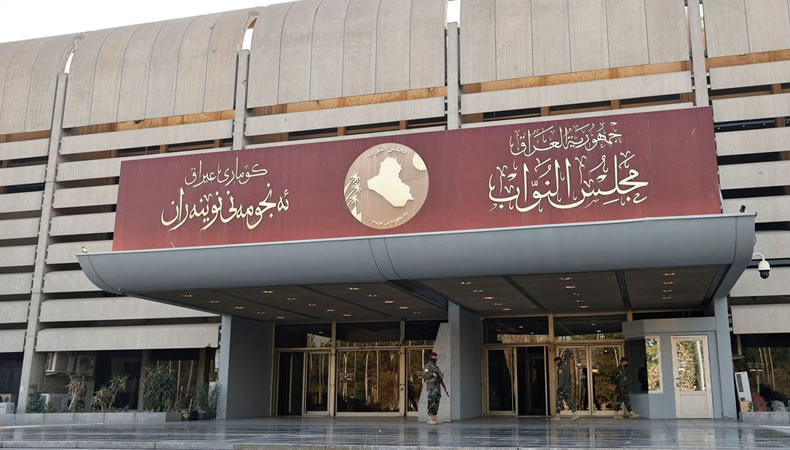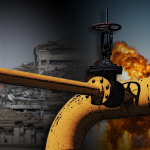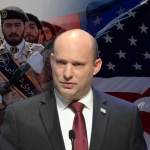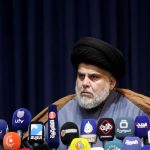Why Is Iraq Unable To Elect A President?


The parliament session convened recently, did not have more than 202MPs while a majority of a minimum 220 is required for a vote to pass. Despite emerging as the clear winner in the October 10 polls with 73 seats in the 329-member legislature, Shiite populist cleric Moqtada Al Sadr’s efforts to form a government have been blocked an alliance of his Iran-backed Shiite rivals. Further, he has been under pressure to take on people from his preferred circuit to man the various leadership positions.
Related Posts
Other government posts are divided among the country’s political parties based on their religious and ethnic background. Currently, the rivals that have formed a Co-ordination Framework that has been putting pressure to home its own along with Sadr. An attempt to elect a president last month failed because of a boycott of the process by major political parties.
Under an unofficial agreement, Iraq’s presidency – a largely ceremonial role – is held by a Kurd, while the prime minister’s post is reserved for a Shiite and that of parliament speaker for a Sunni.










